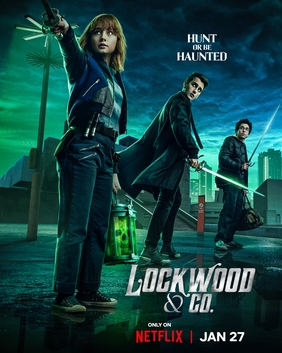Les Mots, la Mort, les Sorts (English title : Deadly Words : Witchcraft in the Bocage), by Jeanne Favret Saada
An ethnological study of witchcraft in the late 1960s' French countryside (Mayenne, immediately south of Normandy). It makes an enjoyable read (at least in French), mixing a theory of rural "witchcraft" with local family "tragedies".
As a matter of fact, the author came to be considered as a potential "witch / saviour" by one of the families she was surveying. Among other issues, the husband, a small farmer of the area, was afflicted by erectile problems that no local witch ever managed to cure, much to the despair of his wife. The couple hence saw this unusual parisian academic (the author) as a potential saviour (she had "shaking hands", didn't mock magical beliefs, and looked "strong"), and hence, they told her the full story of their misfortunes (over several years), which enabled Mrs Favret to get an indepth insight of how "bewitching" was perceived among the rurals of that area. By the end of the book, she delivers a general theory of how bewitching was believed to function, as well as an overall vision of this sadly human "case" (the man did not really want to be cured from its ailment, for personal and social reasons you will discover by reading the book).
I won't develop the personal aspects of the case, for the sake of those who would like to delve into this book.
The book starts with the difficulty of collecting ethnological data about witchraft in rural France. People did not want to speak about this topic, because they did not want to appear "backwards" and because talking about it submits one to magical power. Therefore, the reader is led to suspect that the belief in sorcery was widespread, and yet always publicly denied. Hadn't the author mistakenly be taken for a witch healer, she probably wouldn't have been able to collect so much data on the topic.
A second major point is that witchcraft, in this rural area, was mainly seen as a struggle between "strong" and "weak" people. The weak are the ordinary people who tend to their own domain. The strong are those so magically charged with power, that they HAVE to invade their neighbours (otherwise their power will turn against themselves).
Magic isn't a long distance struggle. In Mayenne, it was a territorial affair : the invader (the sorcerer), usually a farmer, spreads his power on his neighbour's land, stealing his health (ilnesses strike the invaded territory) and wealth (the classical churning / stealing of cow's milk). Basically, it is "vampire business". And even though it is not explicitly said in the book (apart from a fleeting mention in the last pages), one can easily see how such beliefs could feed beliefs in vampirism in rural areas (at least in Europe).
Magic works at a clanic / familial level. A whole family targets another (althoug sometimes, sorcerers fight their own family members). The only way for a bewitched person to save her life and farm is to appeal to the help of another "strong" man or woman, who will fight the sorcerer on his behalf. This counter-witch often accuses a local culprit to be the witch without explicitly naming him. For instance, he will say : "the first man who comes to ask you some help he's your sorcerer" (and obviously, this fuels suspicions and hostility within the village). He then ritually fights a battle to the death with the supposed evil-doer. The loser either has to flee or suffer the effects of bewitchment.
Among the phenomena related to bewitchment, I was surprised to find some reports of poltergeist-like activity like walking heard in the attic, even by outsiders, when nobody is ever found there ... But usually, the phenomena are related to cattle epidemics, car accidents, crop/milking failure and various illnesses, whose accumulation, even when "logical" is deemed to signal bewitchment (for instance, a lady had had a car accident which damaged her vertebae. Instead of considering normal her subsequent back pain, she put it on "bewitchment").
Overall a good read. It makes me wonder wether these beliefs are still strong or if they weathered over time. I suspect the triumph of television and the social media got rid of these, but who knows ?
One last note : this is not a book about female witches. Half if not more of the witches described in this book are male, even if the counter-witches are often ladies.


